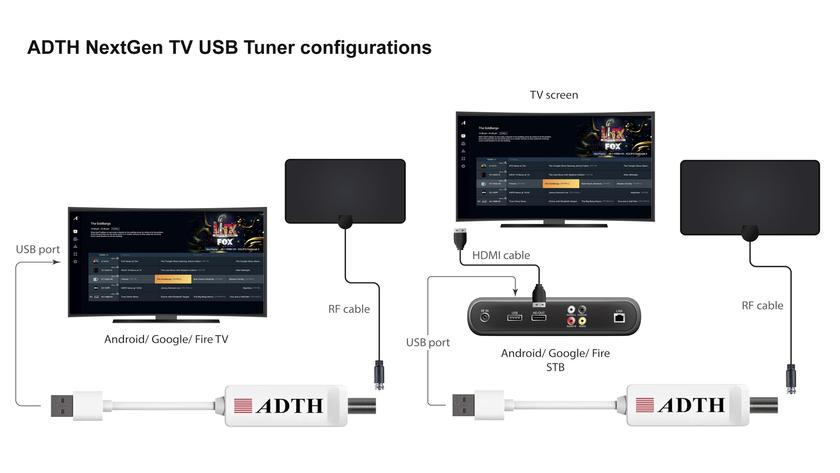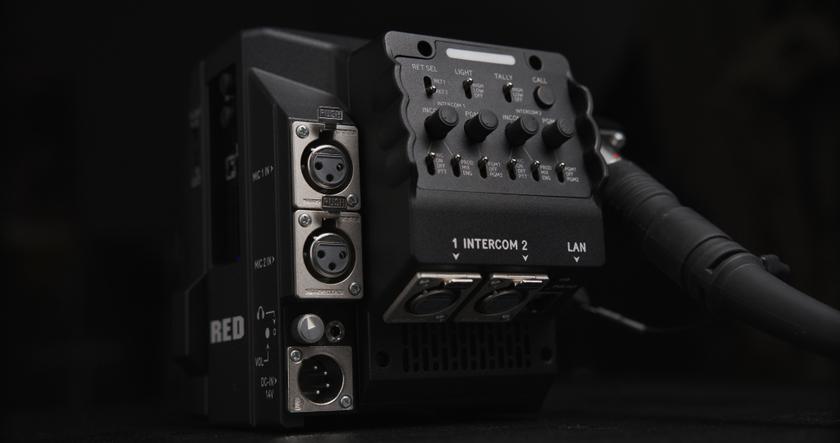NAB to SCOTUS: FCC’s Dereg Effort Consistent With Congressional Order
Argues Third Circuit decision to reject was not consistent with FCC’s prime directive

WASHINGTON—As the Supreme Court prepares to hear the case between the FCC and the Third Circuit U.S. Court of Appeals over the commission’s media ownership modernization rules, the NAB is once again giving its support to the FCC’s effort.
NAB has filed a reply brief to the Supreme Court where it argues that the FCC’s updated rules for media ownership were precisely in line with what it was directed to do by Congress, and that the Third Circuit’s decision to deny the new rules based on potential diversity issues is not consistent with Congress’ order.
In 2017, the FCC crafted a set of new media ownership rules with the goal of updating what it believed were outdated ones. The new rules would eliminate newspaper-broadcast and the radio-TV cross-ownership rules; allow dual station ownership in markets with fewer than eight independent voices after the duopoly; eliminate attribution of joint sales agreements as ownership; and create an incubator program.
The Third Circuit Court rejected and sent back the FCC’s proposed regulations, primarily citing that the FCC did not take into account the impact that these rules would have on minority and female ownership.
After previously providing a brief to SCOTUS on the case, NAB’s latest brief attempts to make the case that Sec. 202(h), the Congressional order to the FCC, directed the commission to review whether its rules “were ‘necessary in the public interest as the result of competition.’”
NAB says that the Third Circuit never challenged the conclusion that the previously decades-old rules no longer made sense competitively and should be repealed, but rather they made a judgement call to deny the order based on the potential impact on diversity.
“The Third Circuit imposed that obligation on its own say-so …” NAB’s brief reads. “[T]he commission historically has not addressed minority and female ownership through structural ownership limits but targeted measures in separate proceedings.”
Get the TV Tech Newsletter
The professional video industry's #1 source for news, trends and product and tech information. Sign up below.
“Even assuming that minority and female ownership is a permissible factor in Section 202(h) reviews, that atextual policy goal, standing alone, cannot justify retaining rules that are otherwise no longer necessary in light of competition,” the NAB’s brief continues.
The Supreme Court will hear the case between the FCC and the Third Circuit Court on Jan. 19. NAB’s full reply brief can be read online.

NAB Urges FCC to “Completely Repeal” Broadcast TV Ownership Restrictions

NAB Urges FCC to Allow Software-Based EAS










